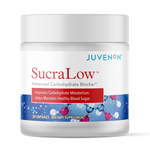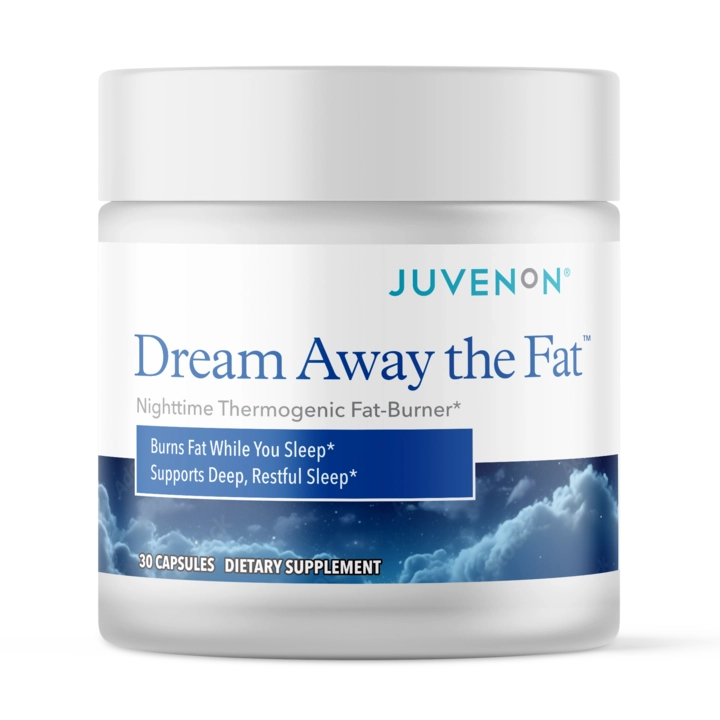Boosting your NAD levels is rapidly gaining attention as a revolutionary preventive health strategy. From celebrities to wellness enthusiasts, people are touting NAD’s potential to improve energy, mental clarity, and overall vitality. The buzz surrounding NAD supplementation often centers on two key methods: oral supplements and intramuscular injections. Both promise to restore declining NAD levels, but how do you know which one is right for you? Understanding the differences between these two delivery pathways is crucial for optimizing your health and getting the most out of your investment in NAD therapy.

The Rising Popularity of NAD Therapy
Nicotinamide adenine dinucleotide (NAD) has become a buzzword in the wellness world, with many touting its potential benefits for everything from boosting energy and cognitive function to combating aging and improving athletic performance[1]. NAD is a crucial coenzyme found in every cell of the human body, playing a vital role in numerous cellular processes, including energy production, DNA repair, and gene expression. As our bodies age, NAD levels naturally decline, which can contribute to a decline in cellular function and overall health. NAD+ levels drop by 50% between the ages of 40 and 60.
What Does Nicotinamide Adenine Dinucleotide (NAD) Do?
NAD acts as a key player in various cellular processes:
-
Energy Production: NAD is essential for the production of cellular energy (ATP) through cellular respiration[2].
-
DNA Repair: NAD plays a crucial role in DNA repair mechanisms, helping to protect cells from damage and prevent the accumulation of mutations[3].
-
Gene Expression: NAD influences gene expression, which controls how genes are turned on and off within cells[4].
-
Cellular Signaling: NAD acts as a signaling molecule, helping to regulate various cellular processes[4].
-
Antioxidant Defense: NAD contributes to the body's antioxidant defenses, helping to protect cells from oxidative stress[5].
How is NAD Therapy Administered?
There are several ways to introduce NAD into the body:
NAD Injections
NAD injections are administered directly into a muscle or vein. This method allows for higher and more immediate NAD levels in the bloodstream compared to oral supplements.
NAD Oral Supplements
NAD precursors, such as nicotinamide riboside (NR) and nicotinamide mononucleotide (NMN), are available as oral supplements. These precursors are converted into NAD within the body.
NAD IV Therapy
Intravenous (IV) NAD therapy delivers NAD directly into the bloodstream through an IV drip. This method allows for sustained and high levels of NAD in the body.
NAD Nasal Spray
Nasal sprays containing NAD precursors offer a convenient and potentially rapid absorption method.
Topical NAD
Topical NAD creams and lotions are available for localized application.
Comparing NAD Injection and Oral Supplementation: Benefits and Drawbacks
NAD Injections
Benefits:
-
Higher and Faster Absorption: Injections deliver higher and more immediate NAD levels in the bloodstream compared to oral supplements.
-
Potentially More Effective: Some studies suggest that injections may be more effective than oral supplements for certain conditions[6].
-
Targeted Delivery: Injections can be administered directly to specific areas of the body.
Drawbacks:
-
Invasive Procedure: Injections require a needle stick, which may cause discomfort or pain.
-
Risk of Infection: There is a small risk of infection at the injection site.
-
Requires Medical Supervision: Injections should be administered by a qualified healthcare professional.
NAD Oral Supplements
Benefits:
-
Convenience: Oral supplements are easy to take and can be integrated into daily routines.
-
Non-Invasive: Oral supplements are a non-invasive and generally painless method.
-
Widely Available: Oral NAD precursors are readily available from various health food stores and online retailers.
Drawbacks:
-
Lower Bioavailability: Oral supplements may have lower bioavailability compared to injections, meaning less NAD may reach the bloodstream.
-
Slower Onset of Action: Oral supplements may take longer to produce effects compared to injections.
-
Potential for Variability: The effectiveness of oral supplements can vary depending on individual factors such as gut health and metabolism.
Considerations for Potential Risks and Side Effects
Injections:
-
Side effects: Minor side effects may include pain, redness, or bruising at the injection site. More serious side effects are rare but may include allergic reactions.
Oral Supplements:
-
Side effects: Generally well-tolerated, but some individuals may experience mild side effects such as upset stomach, headache, or dizziness.
Important Note: It's crucial to consult with a healthcare professional before starting any NAD therapy, especially if you have any underlying health conditions or are taking any medications.
How Much Does NAD Therapy Cost?
The cost of NAD therapy varies depending on the method of administration, the dosage, and the location.
-
Injections: Typically range from $50 to $500 or more per session.
-
Oral Supplements: Can range from $20 to $100 or more per month.
-
IV Therapy: Can cost several hundred dollars per session.
FAQs About What NAD Injections Are
What are NAD injections good for?
NAD injections are purported to offer various potential benefits, including:
-
Boosting energy levels
-
Improving cognitive function
-
Anti-aging effects
-
Combating fatigue
-
Supporting athletic performance
-
Aiding in recovery from alcohol or drug withdrawal
-
Treating certain neurological conditions
However, it's important to note that many of these claims are based on limited scientific evidence, and more research is needed to fully understand the therapeutic potential of NAD.
How long do NAD injections last?
The effects of NAD injections can vary depending on the individual and the dosage. Some people report feeling the benefits for several days to weeks, while others may require ongoing treatments to maintain their results.
What does NAD do for your body?
NAD supports essential functions, such as energy production, DNA repair, and cellular communication. It is critical for maintaining overall health and combating the effects of aging.
Is it safe to take NAD daily?
Daily NAD supplementation is generally considered safe, especially in the form of oral precursors like NR and NMN. However, daily injections or IV therapy should only be undertaken under medical supervision to avoid potential risks.
Who shouldn't take NAD?
Individuals with certain health conditions or those taking specific medications should consult with a healthcare provider before starting NAD therapy. Pregnant or breastfeeding women, as well as individuals with allergies to components in NAD formulations, may need to avoid it.
References






















